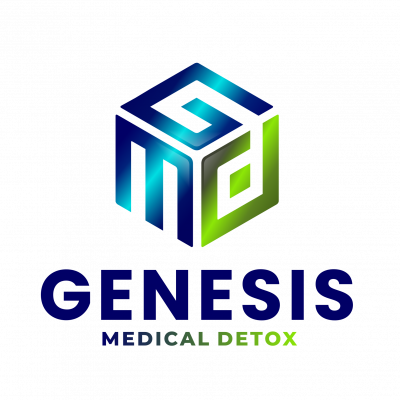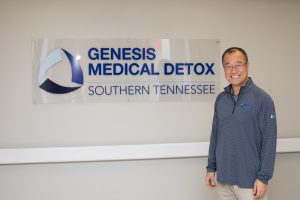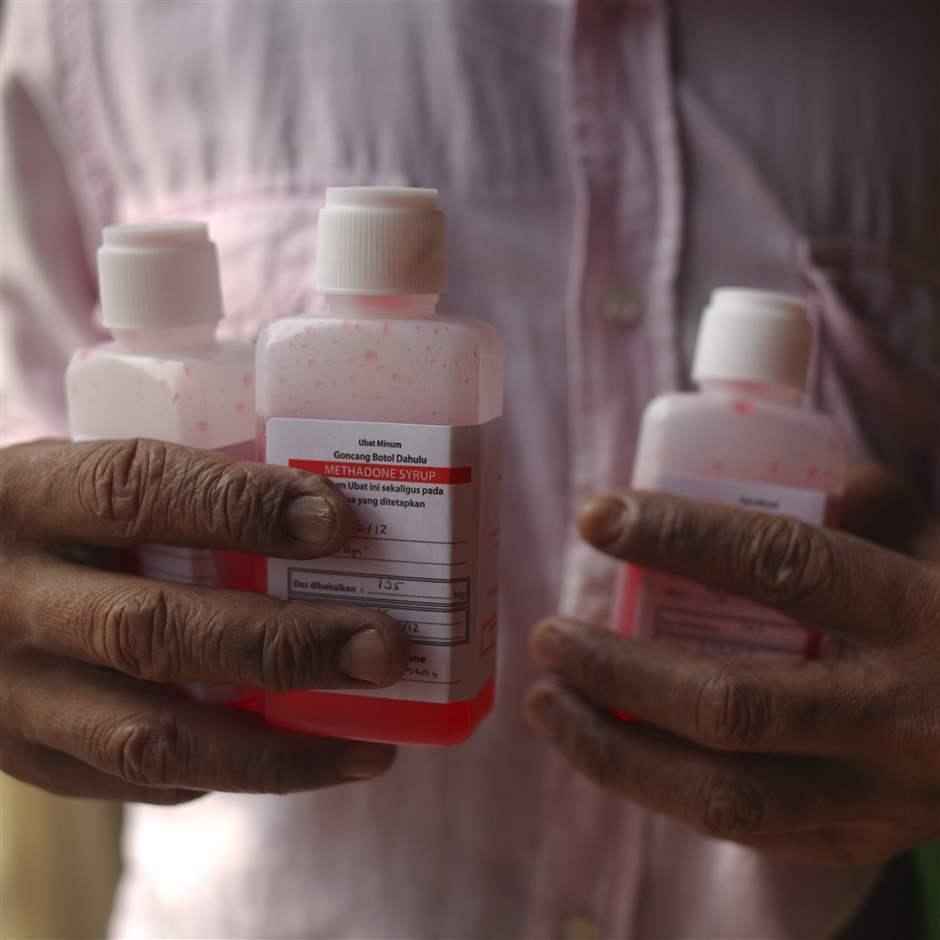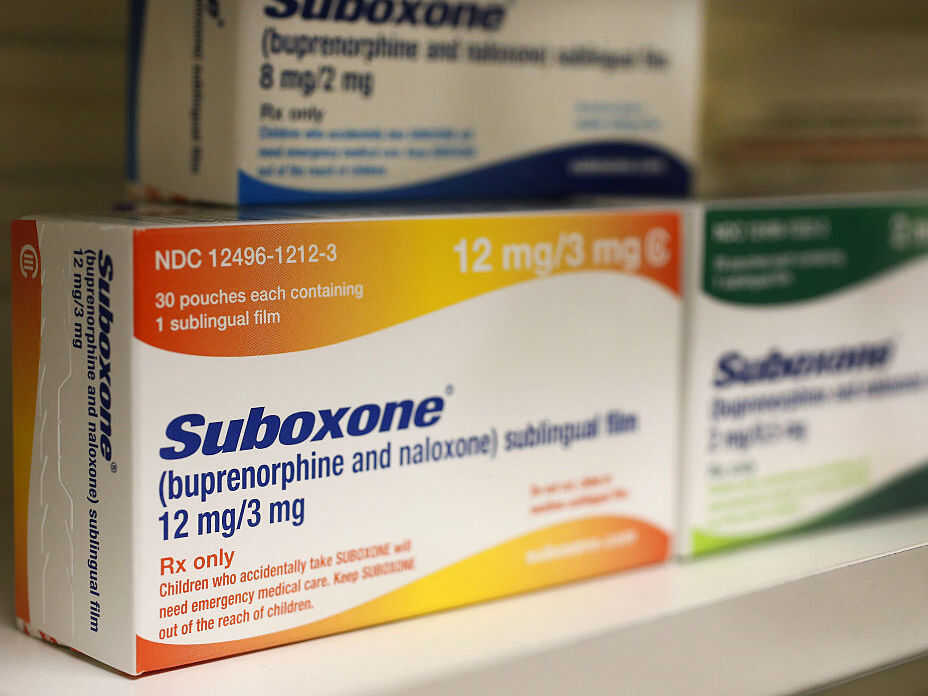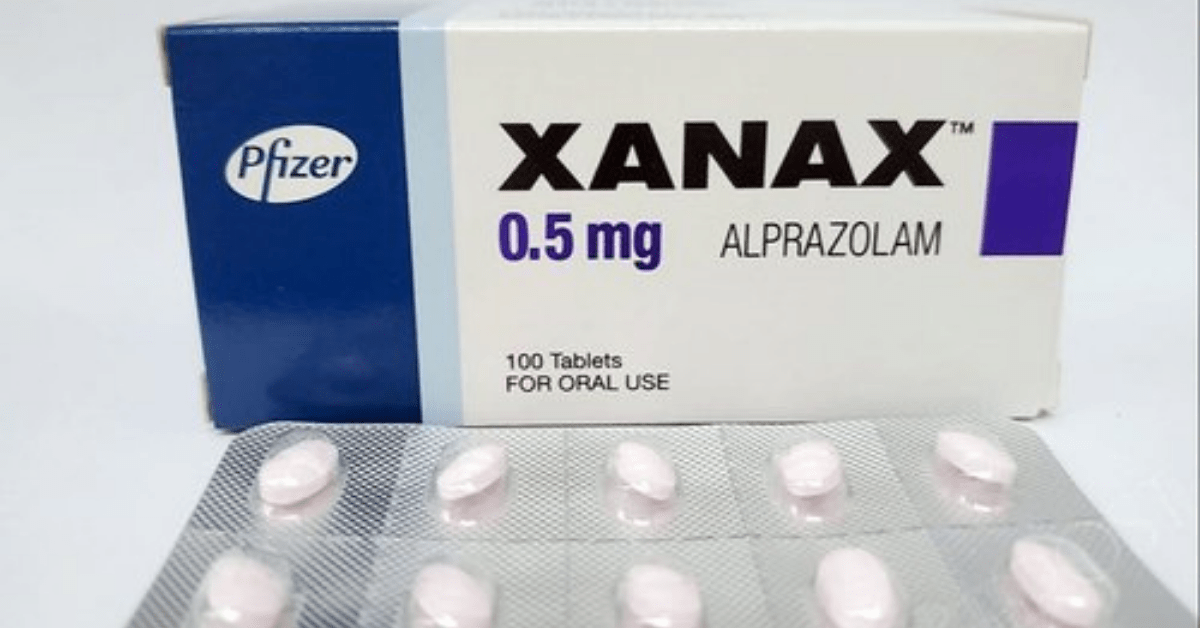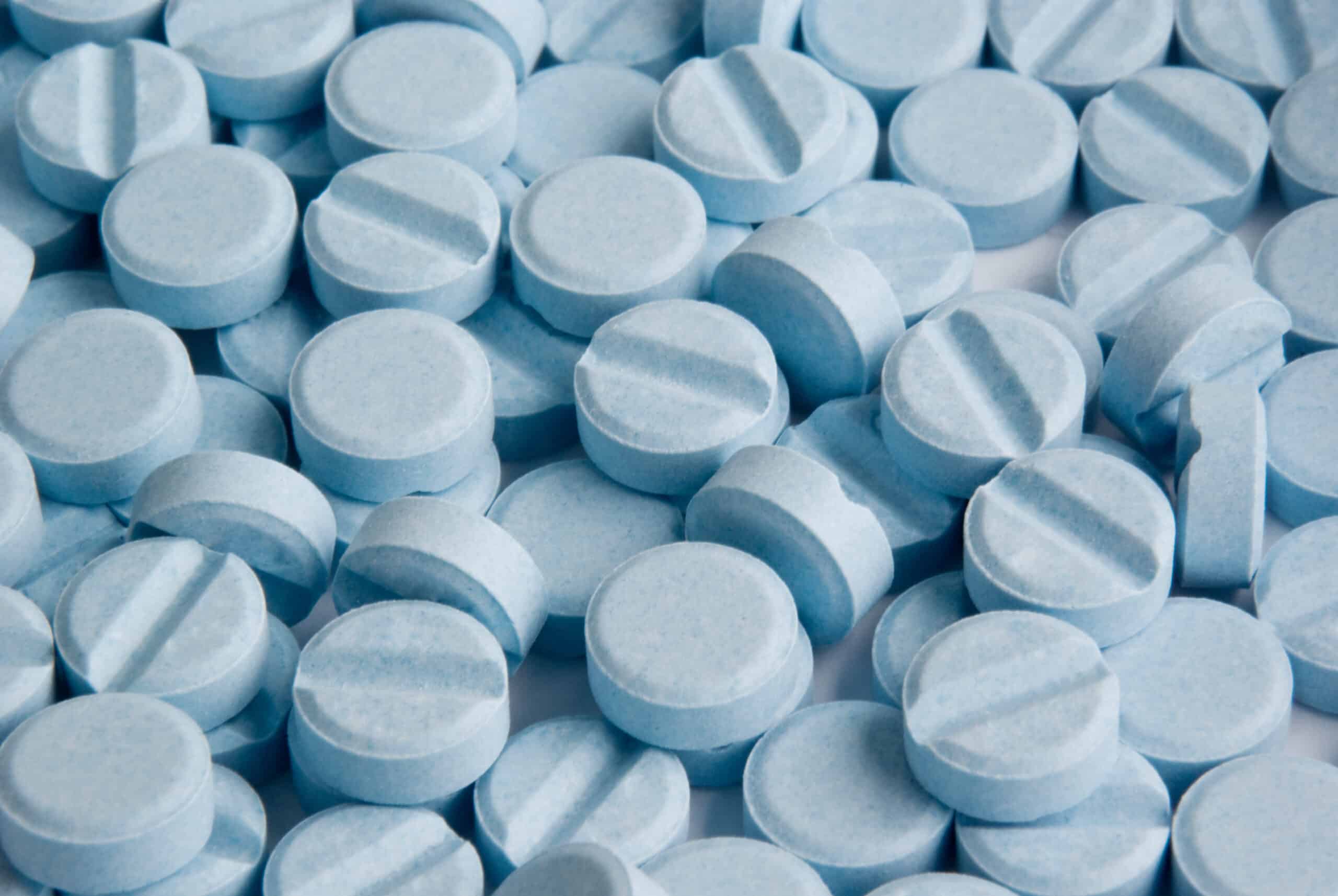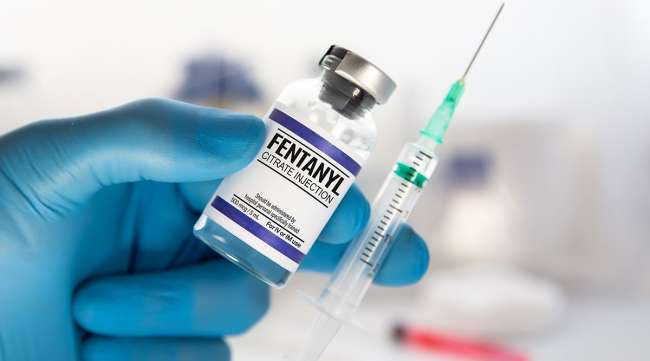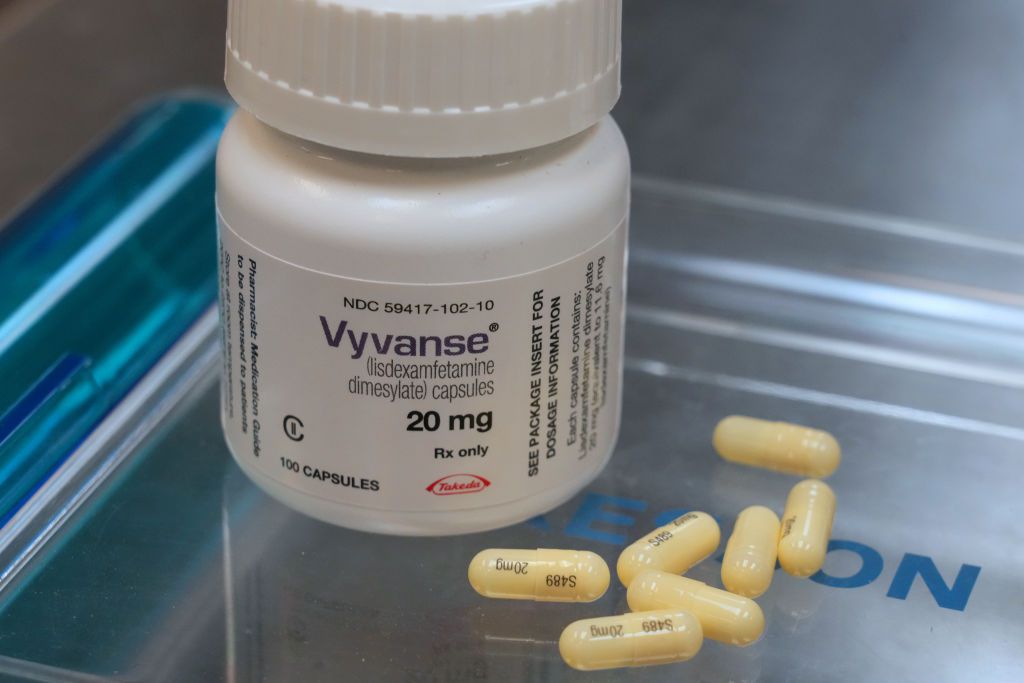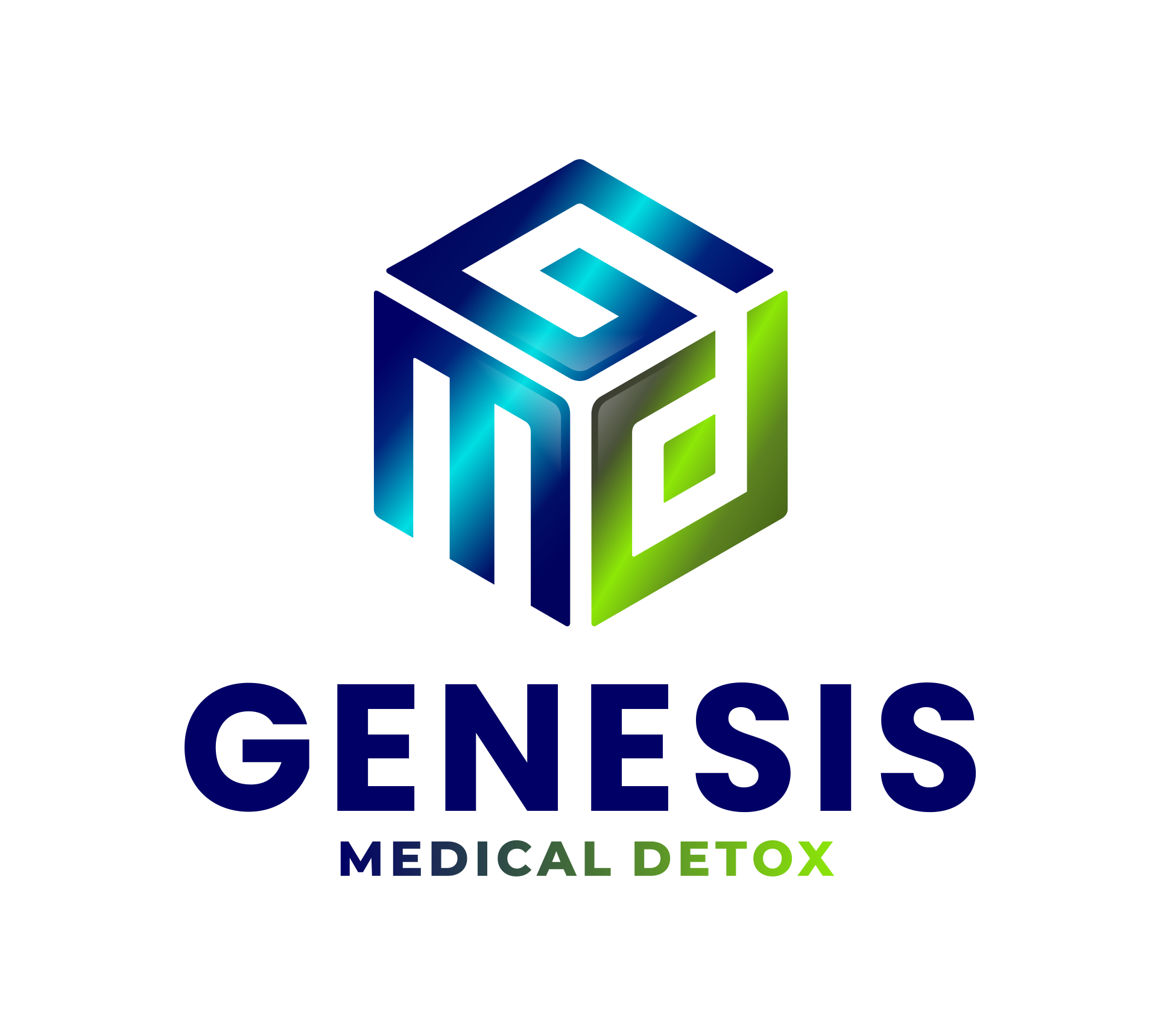Undergoing an alcohol detoxification (alcohol detox) treatment varies for each person, although a treatment center’s process of detox provides a unifying structure. In Pulaski, TN, Genesis Medical Detox begins by acknowledging that every person’s situation differs and that only a unique approach created by working with the patient can result in a viable outcome.
Why Enter a Medical Facility for Alcohol Detoxification?
The process of riding the body of alcohol requires more than putting down a drink or pouring alcohol down the sink drain. Because the drug of alcohol alters brain chemistry and bodily functions, riding the body of it best occurs in a medical setting. According to Healthline, when a person’s body acclimates to alcohol, it starts to need its chemical alteration. When the person with an alcohol use disorder (AUD) as a diagnosis stops drinking, the body can react with withdrawal symptoms that include:
- Tremors referred to as delirium tremens (DTs) or deets
- Seizures
- Hallucinations
- Blood pressure fluctuations
Each person experiences withdrawal differently, and some experience few, if any, withdrawal symptoms, while others may experience many with great severity. For this reason, whether you stay in Genesis Medical Detox’s eight-bed or 13-bed medical facility, we monitor your withdrawal closely, providing physician-led treatment that provides you with top-notch medical care.
The stages of alcohol detox differ for each individual; only about 50% of people diagnosed with AUD experience withdrawal symptoms, and between 3 and 5% experience severe symptoms. You can understand what may occur by reviewing a typical withdrawal timeline. Let’s consider the average timeline for alcohol detox, according to Webmd.com.
The First Six Hours
Within six hours of a person in recovery’s last drink of alcohol, they begin experiencing symptoms that may include anxiety, shaking hands, and sweating. If they attempt to “sleep it off,” they may find themselves faced with a bout of insomnia. The trappings of a typical hangover also may present themselves – nausea, vomiting, and a headache.
Without a Drink for 12 to 48 Hours
During the first half a day to two days of sobriety, an individual can experience severe symptoms of withdrawal, including hallucinations or seizures. The hallucinations typically occur on the first day, but seizures can happen during the first two days and up to a year and a half or 18 months after cessation of drinking.
Two to Three Days Without Alcohol
The DTs may set in during this period, bringing with them delusions or more vivid hallucinations than the person experienced in the first 48 hours. This rare symptom of alcohol withdrawal during alcohol detox happens to just 5% of those in recovery. The individuals who experience DTs may find it accompanied by physical symptoms that feel like the flu – fever and sweats. The person in recovery may feel confused. Their heart may race, and their blood pressure may rise. These health changes require medical attention.
Beyond Day Four
When someone undergoes alcohol detox, they must address more than physical symptoms. Throughout the process of alcohol detox, a person in recovery addresses the need to develop new ways of handling the things that triggered them to drink.
Medications to Help With Withdrawal Symptoms or Cravings
The detoxification process includes many forms of therapy, and only your doctor and you can determine which options fit your specific needs. Some individuals need medications to support their alcohol withdrawal, such as benzodiazepines or neuroleptic medications to reduce seizures. Others may need a beta-blocker to reduce blood pressure or a medicine like ReVia or Antabuse that helps reduce alcohol cravings. Some patients need nutritional support to replace or enhance nutritional deficiencies that developed during alcohol use, such as thiamine, folic acid, and magnesium.
Psychiatric Therapy and Peer Support Groups
The process of alcohol detox also includes ongoing care to try to prevent relapse. Removing alcohol fully from a person’s body may take up to seven days, but exploring and treating the underlying reason they began drinking in excess takes a lifetime. This ongoing approach to alcohol use disorder includes various types of individual and group therapy, which you and your doctor will choose as a part of your individual treatment plan. These may include:
- Cognitive behavior therapy
- Behavioral therapy
- Aversion therapy
- Group psychotherapy
- Support groups, such as Alcoholics Anonymous, LifeRing, SMART Recovery
- Appropriate self-care
- Dual diagnosis treatments
Just as a person’s medical detoxification treatment differs from others, so does their ongoing care.
Some individuals may need to see a therapist regularly because they belong to one-third of people recovering from addiction with a dual diagnosis. This underlying mental health condition co-occurs with alcohol use disorder. Your doctor conducts an assessment when you enter an alcohol detox that determines whether you experience a dual diagnosis situation.
When Alcohol Detox Requires Longer-term In-Patient Treatment
With so much variety in recovery, it probably won’t surprise you to learn that some individuals need a hospital stay of longer than seven days to complete their alcohol detox. Some programs last for 28 to 31 days, while others may enter multi-month programs. The severity of the addiction and the individual’s mental and physical health impact their recovery process. Nowhere more than recovery does the adage, “Comparison is the thief of joy.” more fully apply. Avoid comparing your recovery with that of another person because you are different human beings with different physiologies and different mental health situations.
Regardless of how long your alcohol detox requires, getting sober and staying sober improves your health and well-being. Your path to sobriety may require a short stay at Genesis Medical Detox, followed by a lengthier stay in a dual diagnosis facility. Conversely, you might leave us after a week and enter a peer support program that helps you remain sober for a lifetime. Some individuals undergo detoxification more than once, while others achieve sobriety without such a stay in a medical facility. All paths remain valid and lead a person to sobriety.
Did You Recognize Yourself or Someone Close to You?
While reading the description of symptoms of alcohol withdrawal, did you recognize something you’ve experienced? Perhaps you thought of a loved one, such as a parent, spouse, or child. Many individuals with AUD don’t know they have developed an addiction problem until their doctor or loved one intervenes. If you recognize the fever, nausea, vomiting, tremors, or some other withdrawal symptoms, don’t assume it’s the flu or AUD. Make an appointment with your primary care physician.
At your doctor’s appointment, your physician will ask questions about your lifestyle and the symptoms that brought you in for an appointment. Approach answering these questions with all honesty. Typically, the doctor uses an intake form that includes questions about your drinking habits, including the number of drinks you consume per week and the frequency of alcohol consumption. Combined with a physical examination, lab and imaging tests, and a psychological evaluation, your doctor can determine if you present with AUD or if another situation has developed.
Getting Help with Alcohol Detox
Are you ready to take control of your life and break free from the grips of addiction? Look no further than Genesis Medical Detox, where we offer top-notch detoxification programs in Pulaski, TN.
Our team of experts is dedicated to helping individuals overcome drug and alcohol dependencies through personalized care and support. Take the first step towards a healthier and happier future by calling us at 844-895-0537 today. Do not let addiction hold you back any longer. Let Genesis Medical Detox be your partner on the road to recovery. Contact our team now to verify your insurance to get started.
